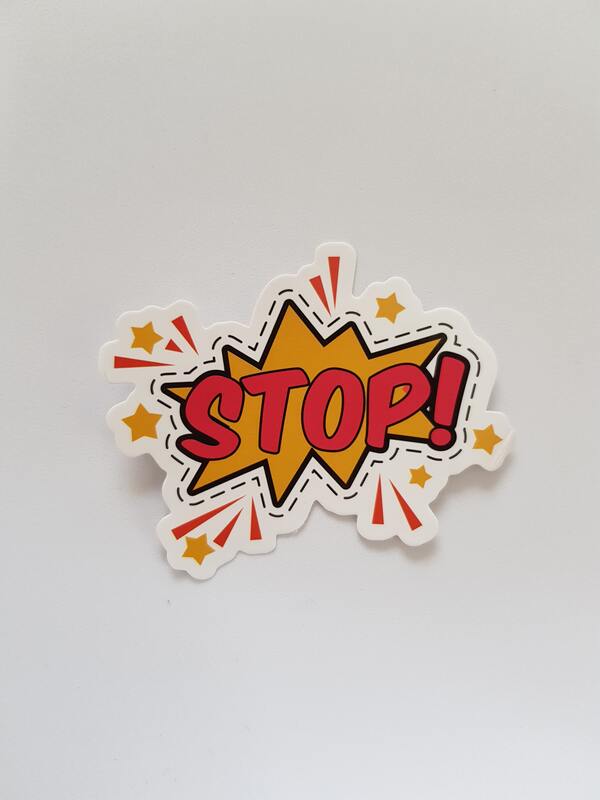|
We’re all guilty of it, in everyday speech and in our writing. Circumlocution is one of those points where language and cultural norms cross.
In fact, circumlocution means talking around something.
0 Comments
Ask any group of word nerds to list their grammar pet peeves, and you won’t have to wait long before someone starts bemoaning the fact that no one knows the difference between compose and comprise these days.
It’s true that about anywhere you look, the two terms seem to be used interchangeably by many writers. But are they the same? And if not, what’s the difference? We all want to sound intelligent when we’re speaking or writing, and that means we genuinely try to adhere to standard grammar rules.
However, sometimes, we try a little too hard. We try so hard to sound right that we end up getting it very wrong. One of the most common mistakes is to use I or myself in a place where a simple me is called for. (X indicates a grammatically incorrect example sentence.) I still remember that lesson in elementary school when the teacher tried to convince us that, when someone calls and asks for us, the correct response is, “This is she (or whatever pronoun is appropriate in your case).” Yeah, we weren’t buying it either.
It was awkward and unnatural, and we’d never heard anyone say it in real life. But what is the correct usage? As a writer you’ve probably noticed that the way we write and the way we speak are often very different. And one of the ways our written language differs from our spoken language lies in the completeness of our thoughts.
When we speak, we rarely take the time to make sure all of our sentences are complete and grammatical. Quite often, we throw out related fragments of ideas and expect our listeners to combine those with context, vocal intonation, facial expressions, and gestures to reconstruct our meaning. However, when we write, all we have to communicate with readers are our words, so we’re much more careful to form complete and complex sentences. But is there a place for sentence fragments in our writing? As with most other questions relating to writing, it depends. We often think of the search for gender-neutral pronouns as a modern development, a result of the emerging public recognition of multiple genders and the difficulty with keeping up with terminology that seems to change daily. However, writers have been working at this problem for far longer.
Aside from the growing number of genders people identify as, there are instances when gender is unknown. For instance, an unidentified thief could be a man or a woman, but if we use he to refer to the thief, we run the risk of creating unintentional bias and missing the true culprit. If you pay attention to the conversations around you, you may notice that most of us default to using they as both singular and plural, much the same way we do with you. Unfortunately, when it comes to writing, things aren’t so simple. If you’ve ever worked with an editor before, you’ve probably noticed an annoying tendency. We don’t care about your fancy formatting or the polish and look you worked so hard on achieving with your manuscript. In fact, the prettier and fancier your document, the more we seem to be annoyed by it.
The reason is that all of the layout and design work should be done after the words are edited and ready for print. You don’t varnish a table before you finish putting it together and sanding out the imperfections. That means don’t bother with pasting all of your extra material, like tables, graphs, charts, photos, and drawings, into the document, because the actual text could change dramatically in the course of editing. Also, it just plain gets in the way. And one of the first things your editor will do when you send them your beautifully arranged manuscript is to pull out all of that visual material. It creates visual clutter and makes the file size large and unwieldy. Many word processors and computers balk at opening large files and can get glitchy and unpredictable when you try to work with files that are too big. Several weeks ago, I talked about how to get useful feedback on your writing from others. Some of those others are likely authors from your writing group, and if you’re asking for their reviews on your work, it’s only fair that you return the favor.
Here are a few suggestions on making sure your peer reviews are actually useful. Besides, reading and thinking critically about the work of others will serve to make you a better writer as well. When you think of contracts, do you think of page after page of incomprehensible legal jargon full of traps and pitfalls just waiting to catch you unaware and cheat you out of a fair deal?
Unfortunately, those types of contracts do exist, but a legally binding contract doesn’t have to be that way. At their best, contracts aren’t about protecting two rivals from taking advantage of each other. They’re about facilitating a harmonious relationship between two parties—in this case, between author and editor. This post is meant as a brief overview. If you’re interested in a deeper dive into editorial contracts, I highly recommend The Paper It’s Written On by Karin Cather and Dick Margulis. It’s a fairly thin volume but full of much better and more in-depth information than I’ve presented here. None of us writes in a vacuum. Everything we hear, see, and read influences what we write. And sometimes, it’s helpful to reference other people’s ideas and words in our own work.
However, it has to be done right. That means giving proper attribution and signaling when you’ve departed from the exact wording but kept the core idea. We’ll deal more extensively with proper attribution (giving credit to the originator of an idea and pointing readers to the original document) another day. At the moment, we’ll take a look at three ways writers incorporate another person’s words and ideas into their own work: quotes, excerpts, and paraphrases. |
AuthorRebecca has a passion for helping you fill the world with great literature and making sure said literature doesn't get passed over for the lack of a little editing. Archives
July 2022
Categories
All
|












 RSS Feed
RSS Feed
